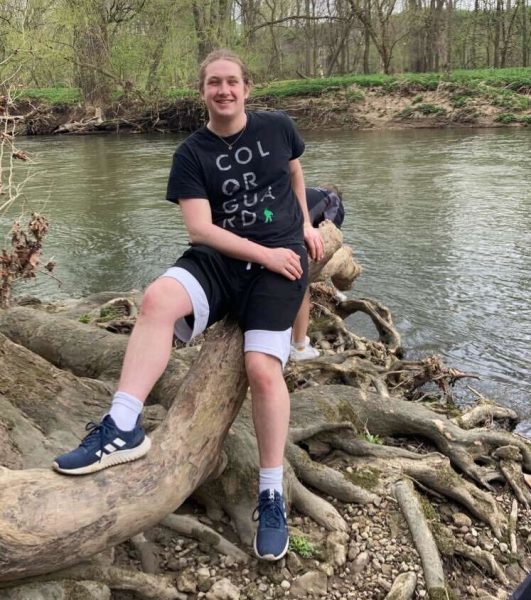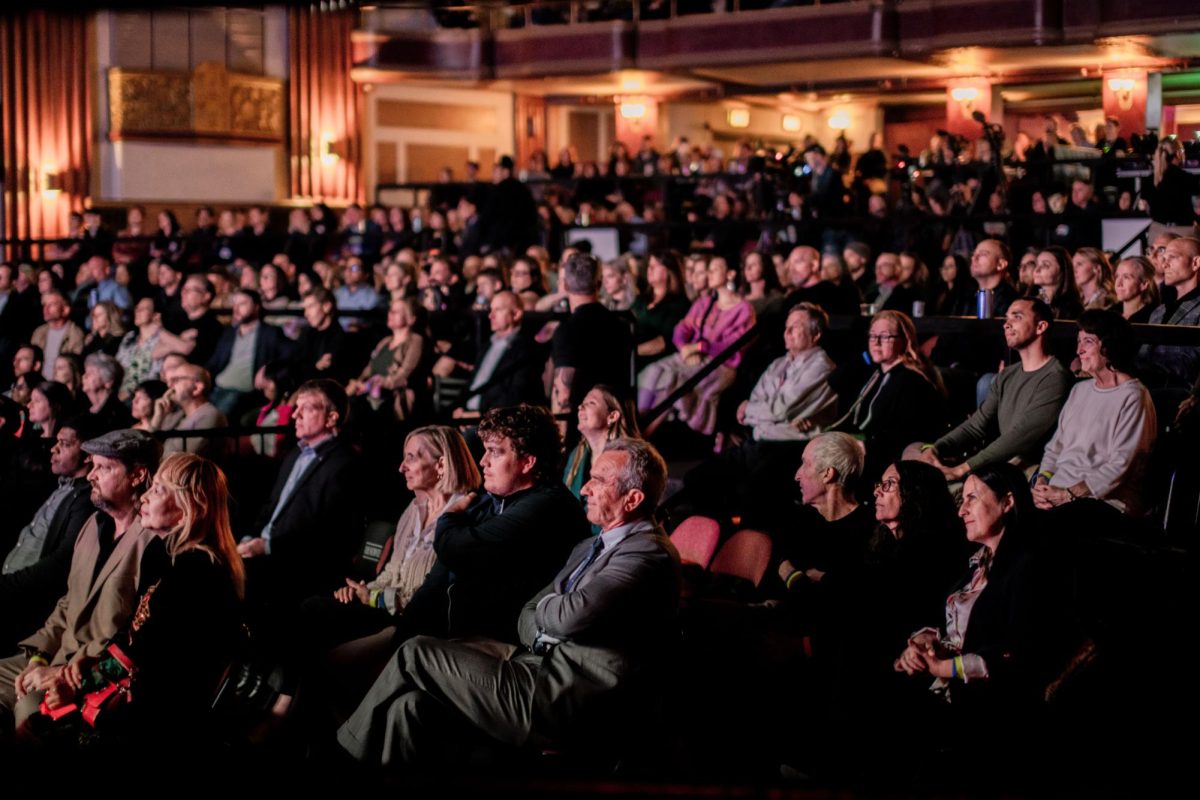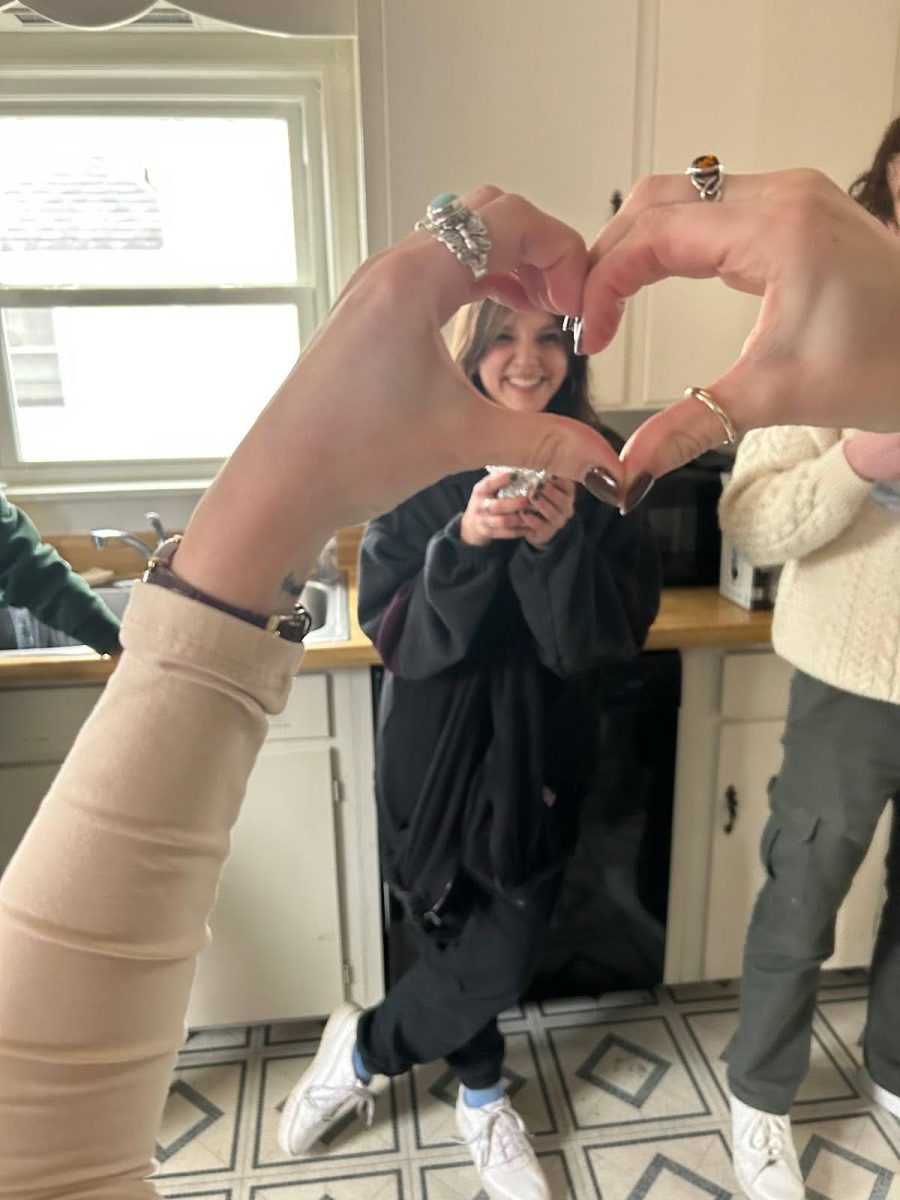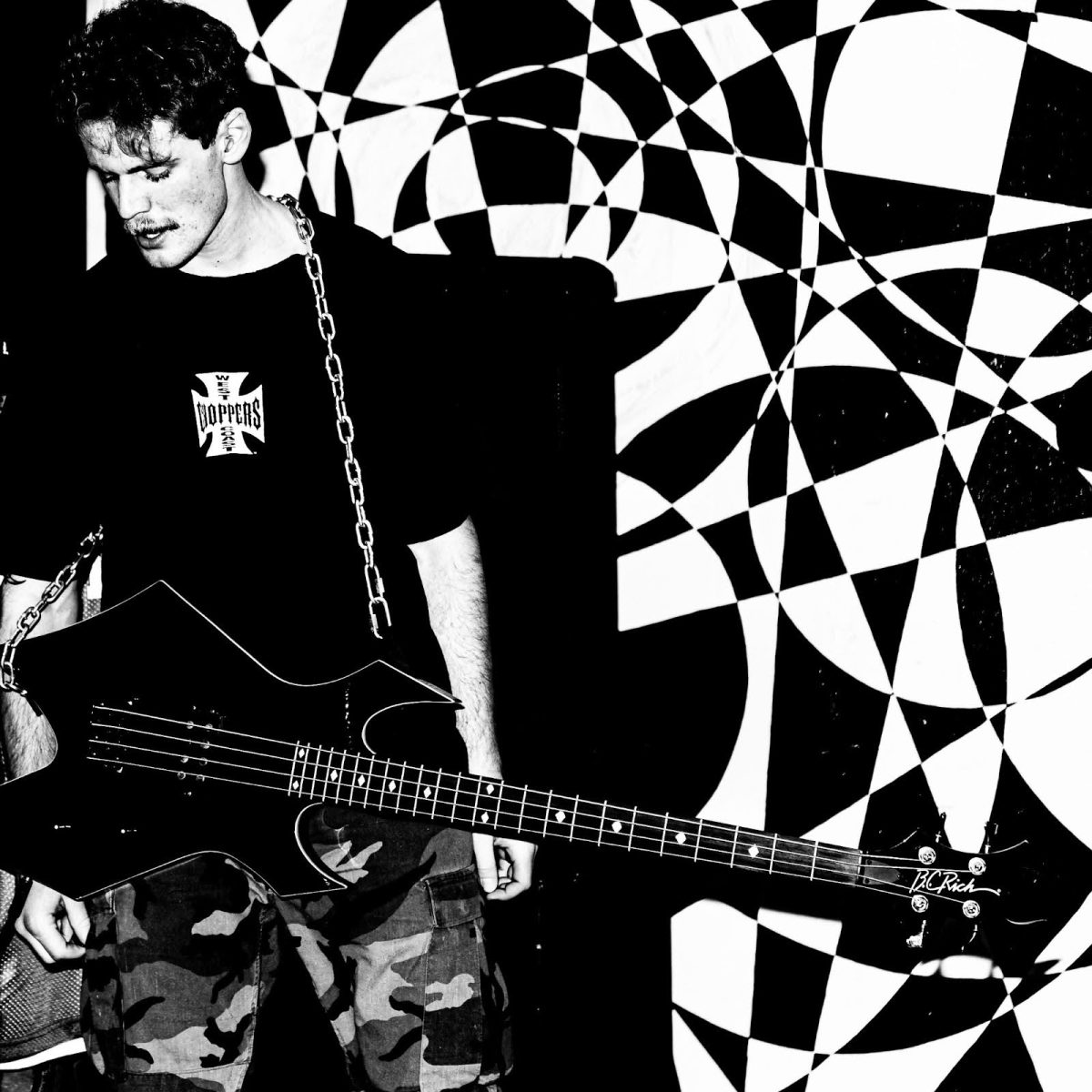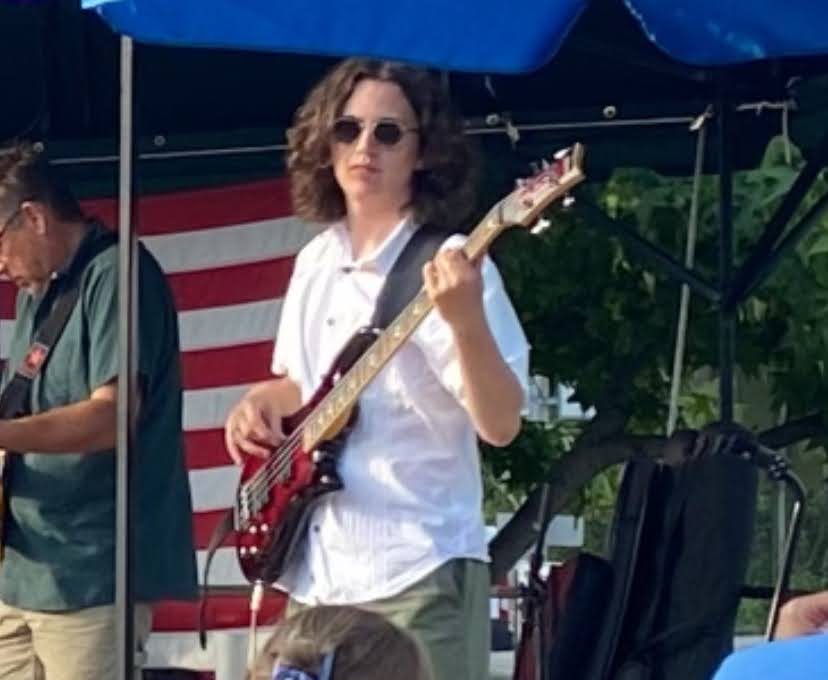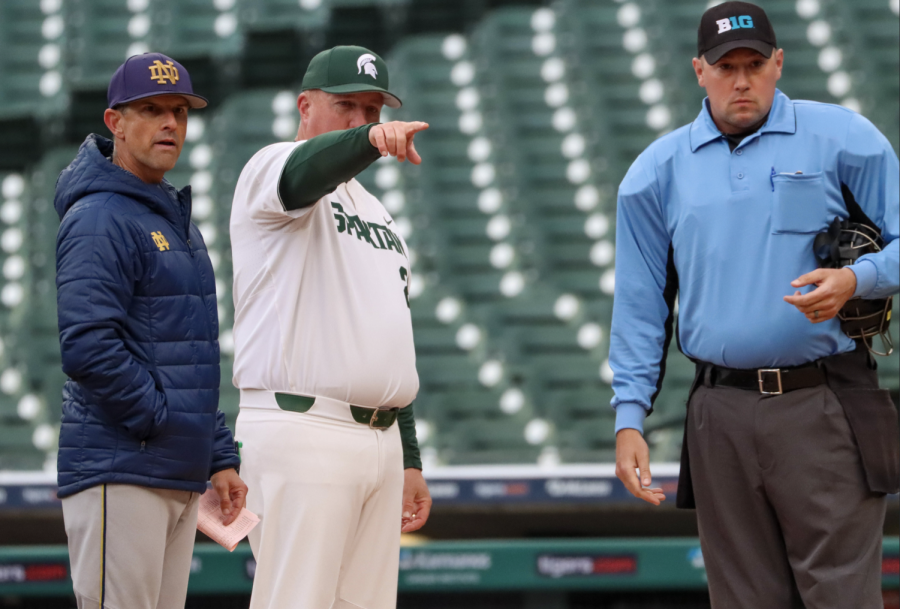Daedalusian Dreams | “Labyrinth” by Cryalot

September 16, 2022
When you think of the vocalist of the British indie-pop band Kero Kero Bonito, the first thing you’d probably think of is the bubblegum pop aesthetics associated with the person who sung “Flamingo,” made a beat out of “Super Mario 64” on the track “Sick Beat” and the intro song to the game “Bugsnax.” This makes Sarah Midori Perry’s side project, Cryalot, all the more jarring.
Gone is the cheery synth-pop sound and almost nonsensical lyrics that made Kero Kero Bonito what it is today, replaced by a more introspective, emotionally charged style of lyrics and a much darker overall sound. Over the course of her debut EP “Icarus”, Cryalot follows the story of Icarus while using it as a storyboard to explore her own emotions. While a song invoking the legendary Labyrinth, most known for imprisoning the Minotaur in Greek mythology, may seem out of place in an EP following Icarus, that couldn’t be further . Daedalus — the builder of the Labyrinth — is Icarus’ father. After being imprisoned in the Labyrinth of his own creation by Minos for helping Theseus deal with the Minotaur, Daedalus fashioned the now infamous wings made of feathers and wax. Daedalus warned Icarus to not fly too close to the sun, and I think we all know where the story goes from here.
A piano-driven melody is laced with bass guitar and the background of ambient clicks and hums, only to explode into a large wall of sound once the chorus hits. This energetic change is reminiscent of many PC music artists, like Kero Kero Bonito’s Gus Lobban’s side project Kane West. The electronic beats and eclectic sonic additions that have become mainstays of the label’s artists have found a way to mesh harmoniously (pun intended) to the more serious lyrics and overall introspection of Cryalot’s work in comparison to some of the heavy hitters from PC music, like A. G. Cook and Namasenda. While not taken to nearly the same extremes that artists like A. G. Cook usually does, this beat helps to further Cryalot’s voice, which is delivering some of the most emotionally charged lyrics of her career thus far.
Even with the melancholic overtones of the first half of the song, which features such lines as “the tunnels and chambers with blind alleyways, underneath the palace lost in a maze, they both look the same, I won’t go either way,” and “a witness on the land, saw a bird go by, wooden frames caught in waves in the night, I open my eyes, I see nothing inside.” The bridge from the second chorus into the final one showcases a glimmer of hope, akin to Daedalus’ dreams of escaping the Labyrinth and Crete.
“But when we dream at night /
We go someplace, you feel it too.”
Dreams of hope can help find a way to escape dark places, including Cryalot’s personal Labyrinth. While we all remember Icarus’ fall into the Aegean Sea, Daedalus still managed to fly to Athens and live his life out in peace. In the chorus, Cryalot repeats the same line several times; “Why do we dream if we only believe in this? Do you know?” To answer that, I do. Dreams can help us to escape from reality. If you’ve ever daydreamed in a class that you should’ve been paying attention in, but the class is boring as sin, you’ve experienced this. In spells of dark times, an escape from reality is sometimes all you need. So fly high. Maybe not as high as Icarus, but high enough to where your problems are drops in the ocean beneath your feet.


